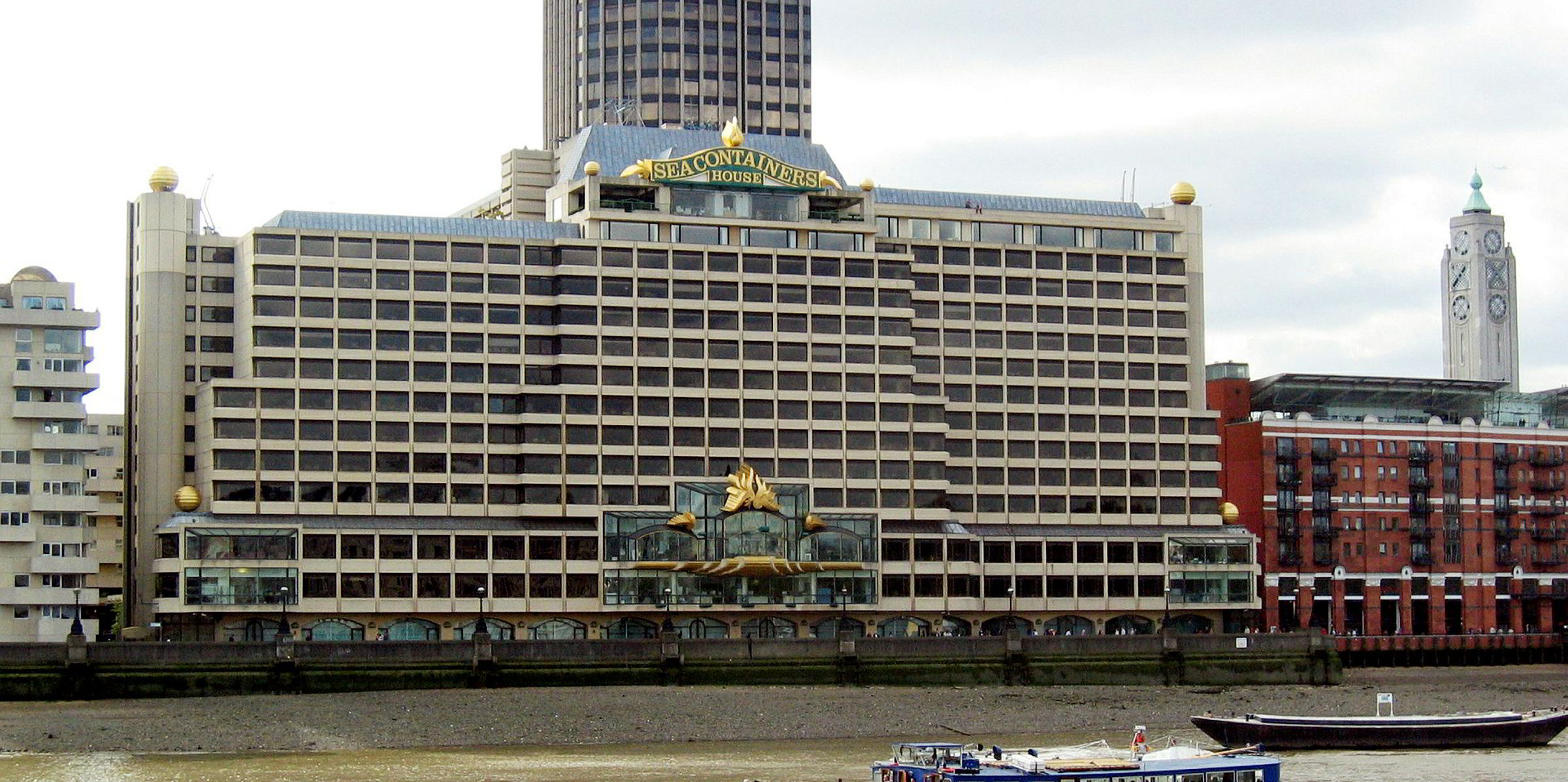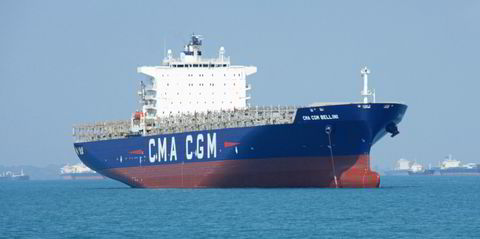James Sherwood, the shipping tycoon who made his millions from ferries and containers but was better known for reinventing the Orient Express rail service, has died aged 86 of complications from abdominal surgery.
Sherwood, who was born in the US, set up his Sea Containers group in 1965 with initial capital of $100,000 after graduating from Yale University and leaning about container shipping from three years as a cargo officer in the US Navy, followed by six at US Lines and CTI.
The Bermudian-registered but London-based company initially leased cargo containers to shippers and ocean carriers but then bought its own fleet of small boxships before moving into ferries.
Sea Containers' box leasing business boomed in the mid-1970s, and in the 1980s the group purchased the previously UK state-owned ferry operator Sealink for $87m, an acquisition that gave it 37 ships on 24 routes to Ireland and Europe.
It also later bought cross-channel hovercraft operator Hoverspeed. Ferry operations that were part of the group included Isle of Man Steam Packet Co and Baltic operator Silja Line, which was later sold to Estonia’s Tallink, as well as catamaran unit SuperSeaCat.
In 1989, Sweden’s Stena Group purchased a stake in the group, which led to a long takeover battle and the eventual sale of Sealink to Stena and its dry cargo and tank containers subsidiary to Tiphook in deals worth $1.14bn.
Sherwood had also by then built up extensive hotel interests, and the group was housed in Sea Containers House on the Thames, which he converted to offices from an unfinished hotel. It was later converted back to a hotel.
After buying up a number of dilapidated Orient Express carriages, Sherwood decided to rebuild the luxury rail line and restarted the service from London to Venice at a cost of $30m in 1982.
The SeaCat Hoverspeed Great Britain broke the transatlantic speed record for passengerships in 1990 to win the prestigious Hales Trophy, the Blue Riband of the Atlantic, and during that decade Sea Containers expanded into other railway and global ferry businesses.
In 1998, Sea Containers formed a 50-50 joint venture with GE Capital’s Genstar that became one of the largest marine container operating lessors in the world under the GE SeaCo banner.
Although he was valued with a net worth of £60m ($73.6m) in the 2004 Sunday Times Rich List, Sea Containers hit financial troubles, and Sherwood resigned as co-chief executive in 2006 as the group slid into bankruptcy when, despite selling various businesses, it was unable to pay a $115m bond due in October.
Born into a Kentucky tobacco farming family, the jovial and ebullient Sherwood was also a discerning food critic who set up his own London review of restaurants.
He is survived by his wife Shirley, who worked with him on the Orient Express project and hotel developments, and her two sons: Simon, who took over as president of Orient Express in 1994 but is now retired; and Charles, a partner in a private equity company.




